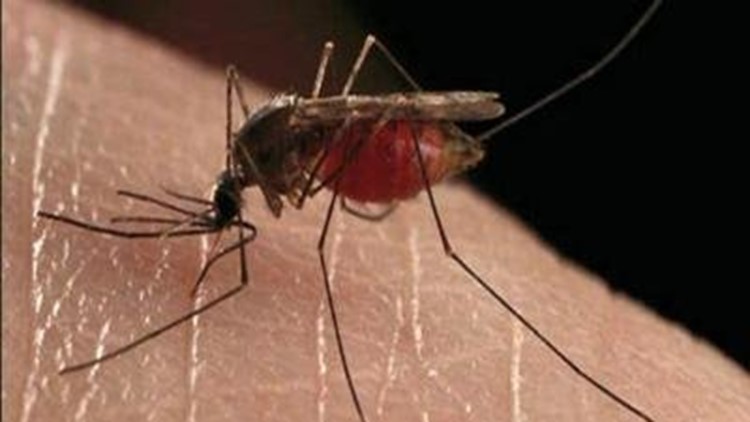Cumberland County, PA- Cumberland County’s Vector Control Office received confirmation from the Pennsylvania Department of Environmental Protection (DEP) of a positive mosquito sample for West Nile Virus (WNV). The positive sample was collected in East Pennsboro Township, near the Wormleysburg line. This is the first positive sample for WNV from Cumberland County this year. To date, 267 adult mosquito samples have been collected from 67 sites throughout the County. Statewide, seven samples have tested positive for WNV.
“A key to preventing mosquitos and the diseases they spread is to identity and eliminate their water habitat,” said John Bitner, Vector Control chief. Stagnant water sitting in buckets, clogged rainspouts, toys, boats, unattended swimming pools, etc. can quickly become breeding grounds for mosquitos. “It only takes enough water to fill a bottle cap to breed hundreds of mosquitos.”
Containers should be emptied every five days to prevent adult mosquitoes from emerging. If you have a water source that cannot be drained, treat with mosquito dunks or bits that contain Bacillus thuringiensis israelensis (Bti), which kills larvae. These products are safe for use around humans and pets, and can be found at hardware and other local retailers.
The County’s WNV program applies an Integrated Pest Management (IPM) Plan to control mosquitoes, while limiting the effects to people and the environment. Vector Control will continue to collect and monitor the mosquito population and to actively treat water habitat to limit future generations of mosquitoes. No spraying for adult mosquitoes is planned at this time.
Mosquitoes transmit WNV by feeding on infected birds and transmit the disease when biting another bird, animal or human. The virus is not spread by person-to-person contact. One in five people infected with WNV develop a mild infection called West Nile Fever; aches, fever, skin rash and swollen lymph nodes are symptoms of this infection. With rest and fluids, most people recover in a few days. Less than one percent of infections develop into the life-threatening West Nile Encephalitis. Symptoms in severe cases include a high fever, headache, neck stiffness, muscle weakness, disorientation, tremors and convulsions. This infection requires immediate medical treatment.
For more information on the West Nile Virus Control Program in Cumberland County and tips on how to protect yourself from WNV, visit http://www.ccpa.net/vector.
SOURCE: Cumberland County Commissioners



